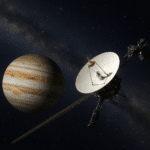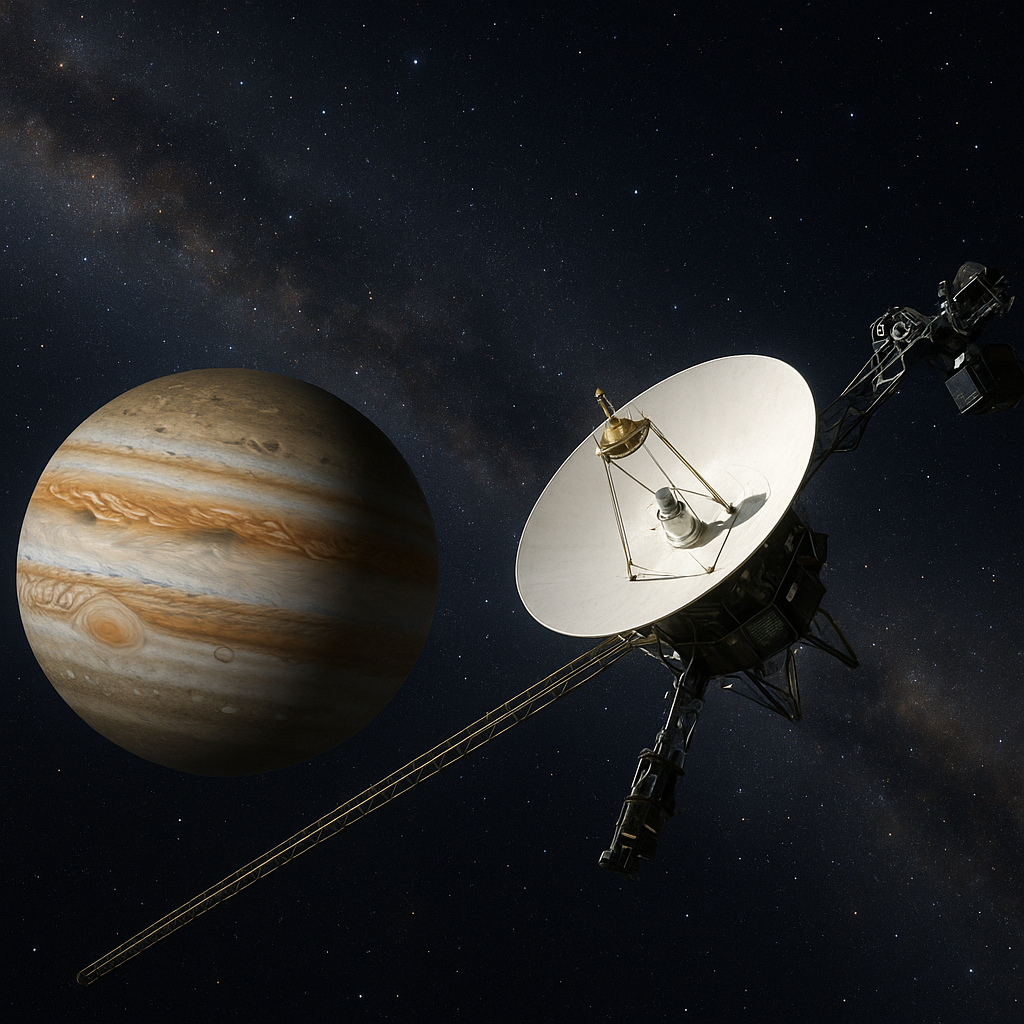The China Space Program has rapidly emerged as a formidable force in the realm of space exploration, challenging the traditional dominance of the United States and Russia. With ambitious projects and significant investments, China is positioning itself as a new superpower in space. This article delves into the history, achievements, and future aspirations of China’s space endeavors, examining whether it truly stands as a new superpower in the cosmos.
Historical Context and Development
China’s journey into space began in the mid-20th century, during a period marked by intense geopolitical competition and technological advancement. The roots of the China National Space Administration (CNSA) can be traced back to the establishment of the Fifth Academy of the Ministry of National Defense in 1956, which laid the groundwork for the country’s aerospace capabilities. Under the leadership of Qian Xuesen, a prominent scientist who returned to China from the United States, the nation embarked on a path to develop its own space technology.
In 1970, China launched its first satellite, Dong Fang Hong 1, marking its entry into the space race. This achievement was a significant milestone, as China became the fifth country to independently launch a satellite into orbit. Over the following decades, China’s space program evolved steadily, with a focus on developing indigenous technology and reducing reliance on foreign expertise.
The turn of the 21st century marked a new era for China’s space ambitions. In 2003, China became the third country to send a human into space independently, with the successful launch of Shenzhou 5 carrying astronaut Yang Liwei. This achievement was a testament to China’s growing capabilities and its determination to establish itself as a major player in space exploration.
Achievements and Milestones
China’s space program has achieved numerous milestones that underscore its growing prowess in space exploration. One of the most notable achievements is the Chang’e lunar exploration program, named after the Chinese moon goddess. The program has seen a series of successful missions, including the Chang’e 3 mission in 2013, which marked China’s first soft landing on the moon and the deployment of the Yutu rover.
In 2019, China made history with the Chang’e 4 mission, becoming the first country to land a spacecraft on the far side of the moon. This mission demonstrated China’s advanced technological capabilities and its commitment to pushing the boundaries of space exploration. The Yutu-2 rover, deployed during this mission, continues to provide valuable data about the lunar surface.
Another significant achievement is the Tianwen-1 mission, China’s first interplanetary mission, which successfully reached Mars in 2021. The mission included an orbiter, a lander, and the Zhurong rover, making China the second country to deploy a rover on Mars. This accomplishment highlights China’s growing expertise in complex space missions and its ambition to explore beyond Earth’s orbit.
Future Aspirations and Challenges
Looking ahead, China’s space program has set its sights on even more ambitious goals. The country plans to establish a permanent presence on the moon, with the aim of building a lunar research station by the 2030s. This endeavor is part of China’s broader strategy to utilize the moon’s resources and conduct scientific research that could pave the way for future deep-space exploration.
China is also actively working on its own space station, the Tiangong, which is expected to be fully operational by the mid-2020s. The space station will serve as a platform for scientific research and international collaboration, further solidifying China’s position as a leader in space exploration.
Despite its impressive achievements, China’s space program faces several challenges. The geopolitical landscape presents obstacles, as international cooperation in space is often influenced by political tensions. Additionally, the rapid pace of technological advancement requires continuous investment and innovation to maintain competitiveness.
Conclusion: A New Superpower in Space?
China’s space program has undoubtedly made significant strides, positioning the country as a major contender in the global space arena. With a series of successful missions and ambitious future plans, China is challenging the traditional space powers and asserting itself as a new superpower in space. However, the journey is far from over, and the true measure of China’s status as a space superpower will depend on its ability to sustain its momentum, overcome challenges, and continue to innovate in the ever-evolving field of space exploration.










